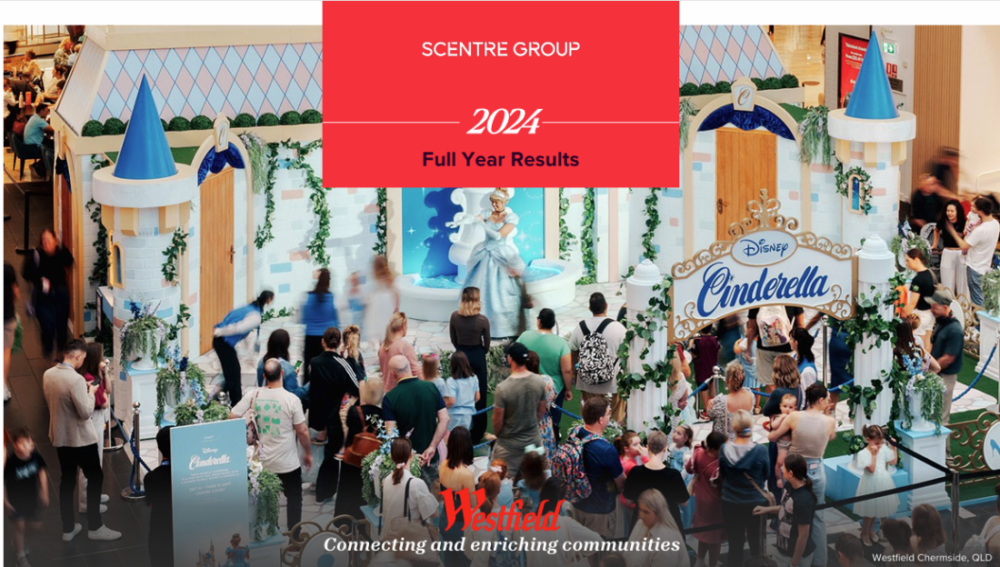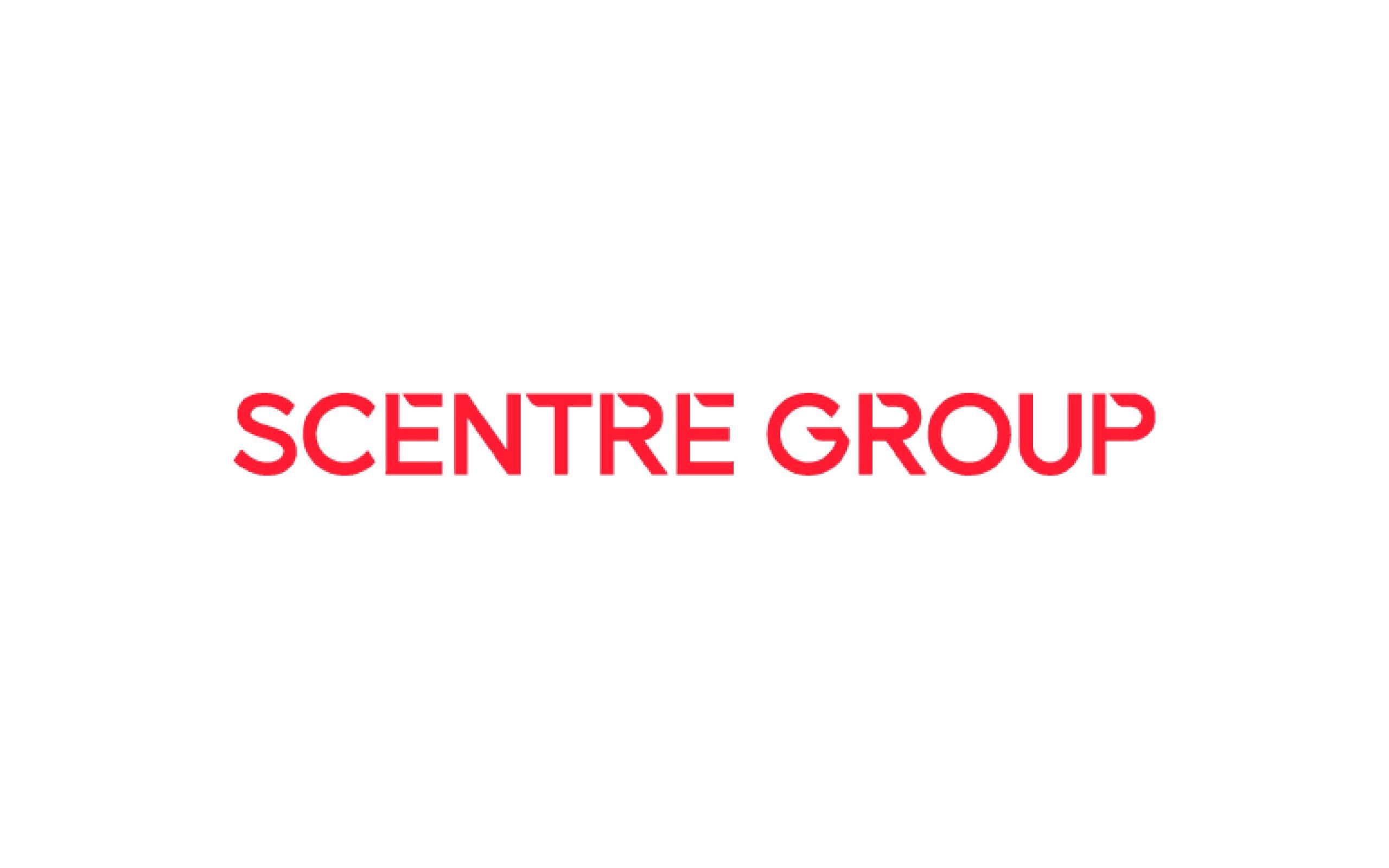
A majority of SCentre unitholders have voted against the adoption of the Remuneration Report for SCentre, constituting a first strike against the Board for mis-management of the issue.
Chairman of SCentre Group, Brian Schwatz addressed the AGM knowing that the proxy votes would likely vote against adopting the report. Mr Schwatz said ” there has been a very substantial reduction in earnings for our team. The fixed remuneration for senior management and base Board fees were reduced by 20 per cent at the height of the pandemic and remained at that reduced level for three months. No increases were given to management, in fact, our CEO has not had an increase since taking on the role in 2014.”
“The Board considered the changing operating environment and exercised its judgement to build a remuneration structure for 2020 that responded and allowed us to adapt to the continuing complexity and uncertainty.”
Unitholders who have seen the unit price fall and recovery to be still -20% below the pre-pandemic level were not impressed. The annual results released in February pointed to a tough period for unit holders. Operating Profit was down -40% on the previous corresponding period and Funds From Operations (FFO) for the year was down -42% and leasing spreads were at -13% unpinning a loss in value and forward earnings.
Under the circumstances, one of the Boards’ key concerns was the retention of valuable staff and the impacts that the pandemic has had on the value of their vested rewards. The Group’s earnings effectively rendered the FY19 Long Term At Risk Remuneration (LTAR) incentives to be measured in December 2021 at zero. As a result, the Board determined not to grant the FY20 LTAR to executives as, again due to the impact of the pandemic, the performance measures (which were approved by securityholders at the 2020 AGM) would also have been unattainable, effectively removing any retention benefits the Company would have held for those staff.
As a result, the Board made a one-off issue of equity-based retention awards to members of the senior leadership team, including the CEO and CFO, whose services are integral to the Group’s response to the pandemic and beyond, steering a course through recovery and accelerating initiatives to support future growth. These awards will vest in the next two to three years subject to executives remaining and achieving individual performance requirements.
For FY21, the Board has retained a reduced Return on Contributed Equity (ROCE) hurdle of 50% (previously 100%) and introduced a relative total shareholder return hurdle (30%) and a strategic measure hurdle (20%).
The Board determined it was in the best interests of securityholders to mitigate the risk of losing very well credentialled key senior executives during very different times and to retain the best management team to lead the business.
The shareholders have however put the Board on notice and effectively set them up for a spill motion should the next Remuneration Report fail to satisfy 75% of the unit holders.


